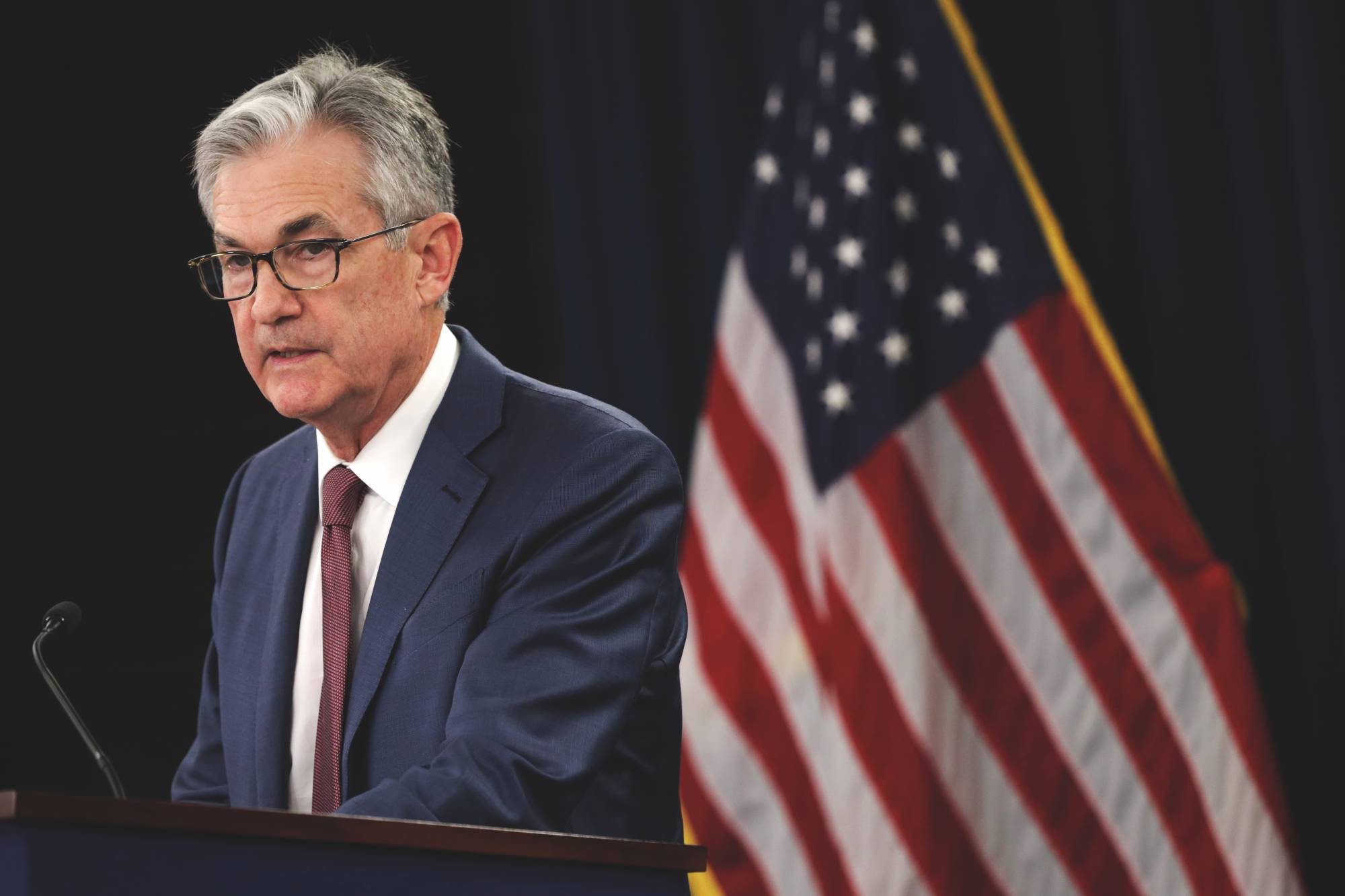One almost had to feel sorry for U.S. Federal Reserve Chair Jerome Powell when, in congressional testimony this September, he expressed frustration at the inflationary pressures affecting the American economy. On the plus side, he finally acknowledged the existence of inflation that would last for more than a few months.
But then he went on to argue that the Fed’s expansionary monetary policy was not to blame. That policy includes near-zero short-term nominal interest rates, an enlargement of the Fed’s balance sheet to an astounding $8 trillion, and a continuation of asset purchases at a monthly rate of $120 billion. If there was ever an aggressive monetary policy, this is certainly it.
Powell continues to insist that today’s high inflation is all about temporary bottlenecks and supply-chain problems stemming from the pandemic-induced recession and the subsequent uneven recovery. According to this view, the Fed is merely a passive agent, trying its best to provide enough liquidity so that the supply-side inflation does not disrupt financial markets and the overall economy.


















With your current subscription plan you can comment on stories. However, before writing your first comment, please create a display name in the Profile section of your subscriber account page.